Enchanting Zimbabwe: Explore its rich cultural heritage and landscape
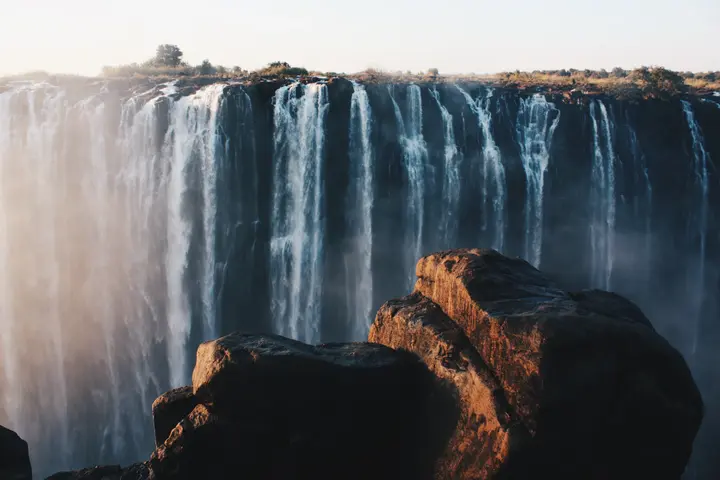
Zimbabwe is one of the most prominent African countries undergoing radical economic, political and social transformations. Since the restoration of its independence in 1980, the country has faced great challenges, but it has been able to withstand and overcome difficulties, and today it is on the path of progress and development at a steady pace and high confidence.
Show key points
- Zimbabwe has experienced significant economic, political, and social changes since gaining independence from British colonial rule in 198
- The country's journey to independence was marked by decades of oppression and resistance, culminating in a successful liberation struggle led by key nationalist figures.
- Despite enduring economic hardships such as inflation, unemployment, and corruption, Zimbabwe holds great potential for growth through investment in sectors like agriculture and infrastructure.
- ADVERTISEMENT
- Politically, Zimbabwe has undergone major transitions, particularly following the end of Robert Mugabe’s 37-year rule and the rise of Emmerson Mnangagwa, who promised reforms and modernization.
- Investments in the health and education sectors have led to improved services, aiming to empower youth and safeguard public well-being as part of sustainable development.
- Rich in natural beauty and historical heritage, Zimbabwe is a top destination for tourism, offering attractions like Victoria Falls, national parks, and ancient archaeological sites.
- While facing ongoing challenges, Zimbabwe continues to demonstrate resilience and ambition, striving confidently toward a more prosperous and stable future.
1. History of Zimbabwe: From Colonialism to Independence
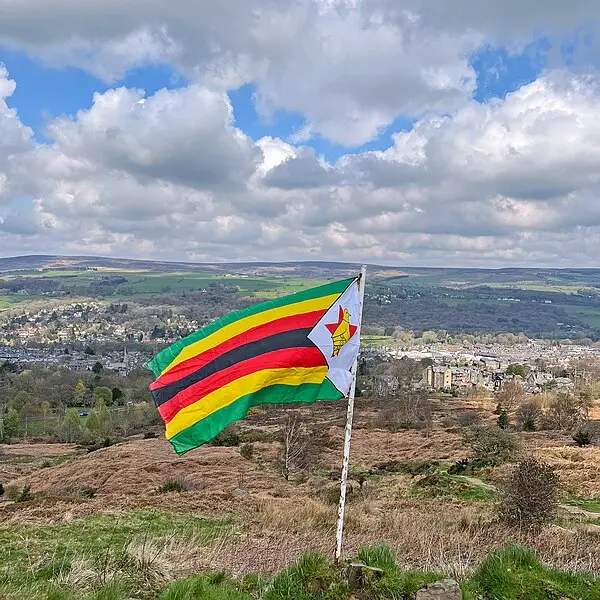
Zimbabwe is one of the African countries with a rich and complex history. The country had been under British colonialism for decades before regaining independence in 1980. But during this turbulent period, Zimbabwe underwent important transformations that shaped its path to freedom and independence.
Recommend
Since the arrival of British colonialism in the nineteenth century, the people of Zimbabwe have lived under foreign domination and oppression. Aborigines were subjected to slavery and exploitative equipment by British colonizers. But in the mid-twentieth century, Zimbabweans began to fight for their rights and freedom.
Brave men and women led national liberation movements in Zimbabwe. Leader Robert Mugabe, Joshua Nkomonaha, Rafaello Mazuri and others rallied resistance against British colonial domination. They sought to establish an independent state under the sovereignty of Zimbabweans.
After decades of armed conflict and negotiations, a peace agreement was finally reached in 1979, followed by a referendum in 1980, where Zimbabweans could vote for independence. Thus, on April 18, 1980, Zimbabwe officially declared its independence and became the Republic of Zimbabwe.
However, the path to independence has not been without challenges. The country experienced political, social and economic conflicts over the following decades, but managed to survive the odds. Zimbabwe is now internationally respected as a source of struggle for freedom and justice.
Zimbabwe's history from colonialism to independence reflects the strength and will of its people to overcome oppression and achieve freedom. Despite the challenges it faces, Zimbabwe remains committed to continuing to build a better future for its people and to achieving future progress and prosperity.
2. Zimbabwe's Economic Situation: Challenges and Opportunities
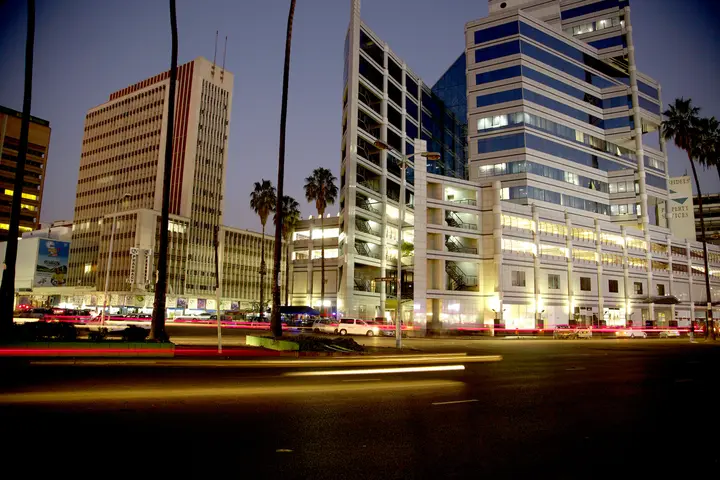
Following independence in 1980, Zimbabwe faced serious economic challenges in the form of corruption, poor infrastructure, and ballooning debt. The government is overcoming these challenges with ambitious national initiatives aimed at radically changing the economy.
One of the most prominent challenges facing the country is massive inflation, which threatens the stability of the local currency and negatively affects people's ability to meet their basic needs. In addition, the country faces cash shortages and high unemployment, which are putting further pressure on the economic system.
However, Zimbabwe has significant investment opportunities that could help boost economic growth and improve the lives of citizens. The country's existing infrastructure, especially in the transport and communications sectors, comes as an opportunity to develop the economy and expand foreign direct investment. Agriculture is also an important source of livelihood for many Zimbabweans, with great potential for growth and sustainable development.
It is important that the private sector and government work together to stabilize the economy and promote growth. The government must do more to fight corruption and enhance transparency in the public sector, while the private sector must create new jobs and invest in technology and innovation.
Zimbabwe can achieve the economic transformation it seeks by developing promising sectors, boosting investment and strengthening economic governance. Economic stability will improve the lives of citizens and provide better job opportunities, contributing to a promising future for Zimbabwe.
3. Governance in Zimbabwe: Political and Democratic Transitions
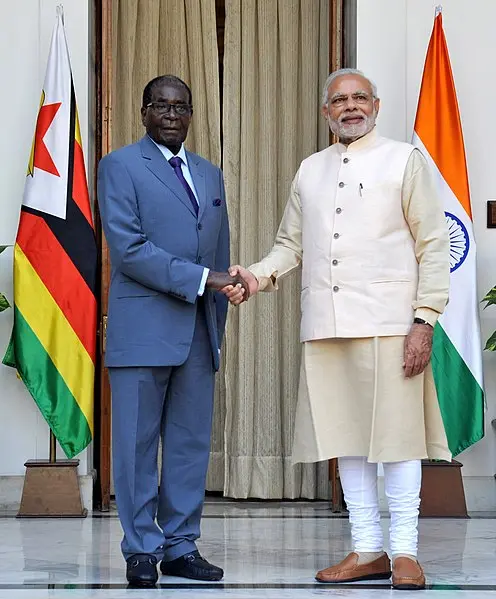
Throughout its recent history, Zimbabwe has undergone many political and democratic transformations. The country began as a British colony before achieving independence in 1980. Since then, Zimbabwe has gone through successive periods of rule and significant political changes.
During independence, Robert Mugabe became president and remained in power for 37 years. Mugabe's tenure is a period of controversy and political and economic challenges. His regime has been harshly criticized by the international community for accusations of violating human rights and suppressing fundamental freedoms.
In 2017, a military revolution toppled Mugabe and led to Emmerson Mnangagwa taking over. This period witnessed important shifts in Zimbabwean politics. Mnangagwa pledged political and economic reforms and improved international relations, and has taken some positive steps in this regard.
Presidential elections were held in 2018 and were seen as an important step towards strengthening democracy in Zimbabwe. But it was not without criticism and questions about its integrity and transparency.
Despite clear improvements in democracy, some challenges remain for Zimbabwe on its way to a full political transition. This requires strengthening the rule of law, respect for human rights and providing a political environment that allows free expression and political participation for all citizens.
Zimbabwe is experiencing a new era of political and democratic transformations. Continuing to work to strengthen this process will contribute to building a more stable and progressive Zimbabwean society, which the great Zimbabwean people deserve.
4. Education and Health in Zimbabwe: Investing in the Future

Recently, Zimbabwe has undergone a massive transformation in the education and health sectors, suggesting strong investment in the future. These two vital sectors have been targeted by the government and relevant authorities to improve life and promote development in the country.
With regard to education, school systems have been modernized and the quality of education in public and private schools has improved. Advanced educational programs have been developed that focus on developing students' skills and fostering creativity and critical thinking. More scholarships and educational opportunities have been provided for gifted and special needs students. In addition, technical and vocational education has been promoted to qualify young people for the labor market and enhance job opportunities.
With regard to health, Zimbabwe's health service infrastructure has been modernized and expanded. More hospitals and health centres have been provided in rural areas to provide basic health care. Disease control programs have also been developed and the public is educated about public health and the prevention of widespread diseases. As part of efforts to curb deadly diseases such as AIDS, malaria and tuberculosis, the necessary treatments have been provided and medical personnel have been trained to deal with them.
These ambitious investments in education and health in Zimbabwe are a major step towards sustainable development. Strengthening the capabilities of young people and preserving the health of citizens is one of the fundamental foundations for progress and prosperity. It is important to ensure the continuity of these efforts and the necessary funding to ensure the sustainability of this sustainable investment in the future. By focusing attention on education and health, Zimbabwe can build an educated and healthy generation that can achieve their aspirations and contribute effectively to the country's development.
5. Tourism in Zimbabwe: Exploring the Beauty of Nature and Heritage
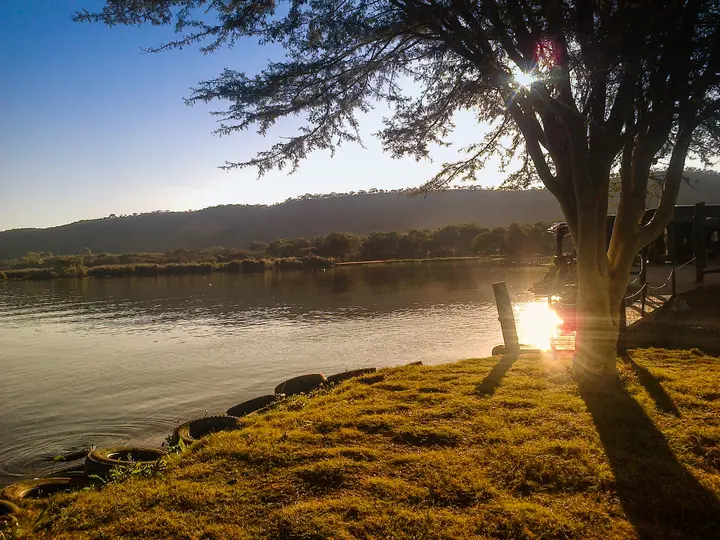
When it comes to tourism in Zimbabwe, this country is considered one of the best destinations in the world for nature and heritage lovers. Zimbabwe has a wide range of exceptional and amazing tourist attractions ranging from stunning landscapes to heritage historical sites. From stunning natural national parks to exotic Victoria Falls, Zimbabwe is an unforgettable destination for anyone looking to explore the beauty of nature and heritage.
Next to Victoria Falls, Hofu National Park is one of Zimbabwe's most important nature reserves. This park is characterized by its unique biodiversity as many wild animals live in it including elephants, lions, giraffes, tigers and many other rare species. A wildlife wandering in Hofu is a truly amazing experience where visitors can see these magnificent creatures in their natural habitat and learn about their natural behavior.
Zimbabwe also has an important archaeological site, the historic oasis of Karchi, which dates back to the Middle Ages. These majestic lands embrace magnificent monuments of ancient kingdoms, castles and unique architectural buildings. Visitors can explore narrow alleys, colourful bazaars and amazing monuments that tell stories from past eras and reflect Zimbabwe's rich cultural heritage.
If you are looking for a unique safari experience, Manapulz National Park is the perfect place. This park offers a chance to discover the rich wildlife and amazing landscapes of Zimbabwe. By walking or by car trip, visitors can see elephants, lions, monocytes and many other animals in this charming park.
The experience of traveling to Zimbabwe would not be complete without a visit to the city of Great Zimbabwe, which is considered the country's capital. This modern city is home to many museums, markets, pubs and restaurants that reflect Zimbabwean culture and heritage. Visitors can enjoy a tour of the streets of Great Zimbabwe to explore people's daily lives, shop and taste local delicacies.
Zimbabwe offers a great tourist experience for nature and culture lovers. Whether you're looking to explore the magnificent Victoria Falls, venture into Hofu National Park, or explore the historic sites of Karchi Oasis, Zimbabwe won't disappoint. Plan your trip to this charming destination and get ready to immerse yourself in the beauty of nature and the unique heritage of Zimbabwe.
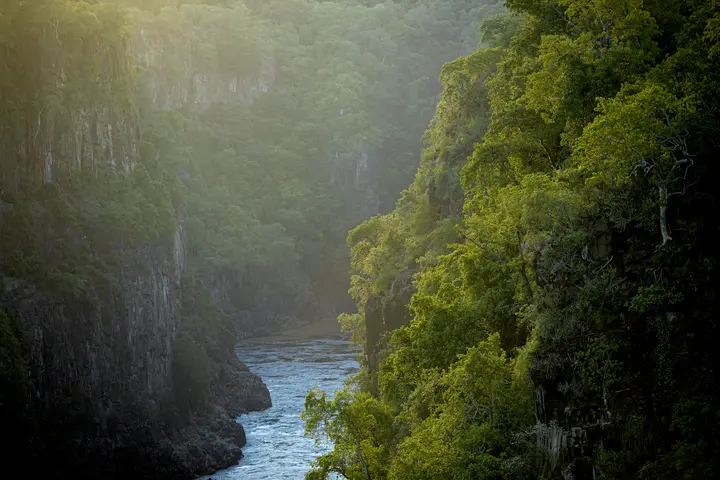
Zimbabwe is a true and inspiring success story. Despite the challenges it faces, it continues to prove to the world that strong will and spirit can succeed. Achieving sustainable progress requires sustained efforts and international cooperation, and we are confident that Zimbabwe will continue its march towards prosperity and prosperity in the years to come.








